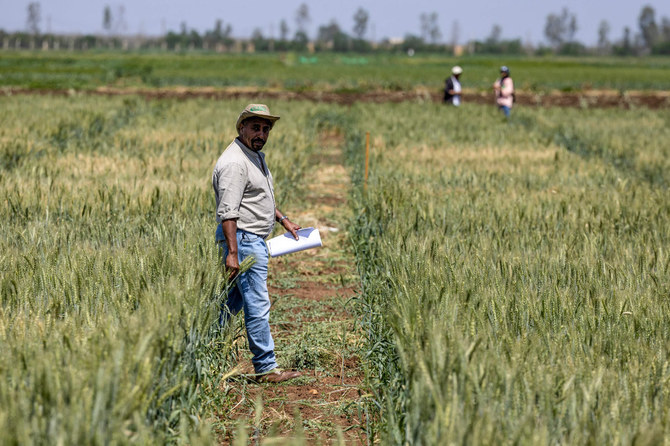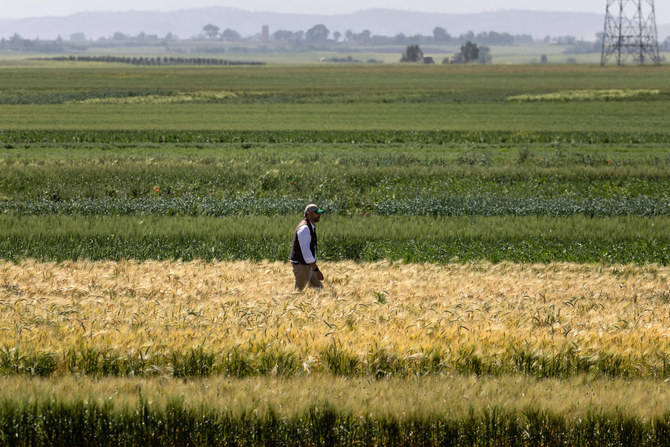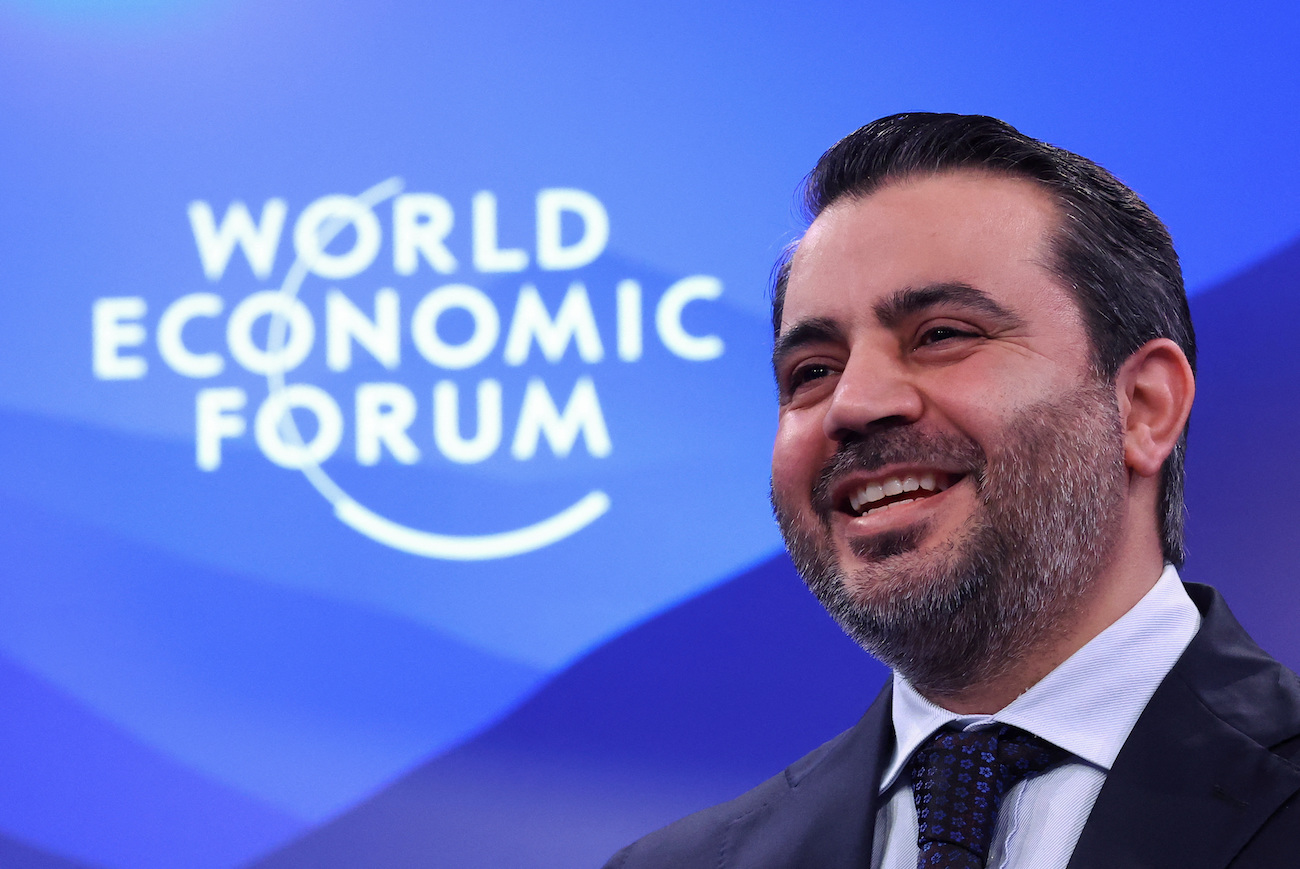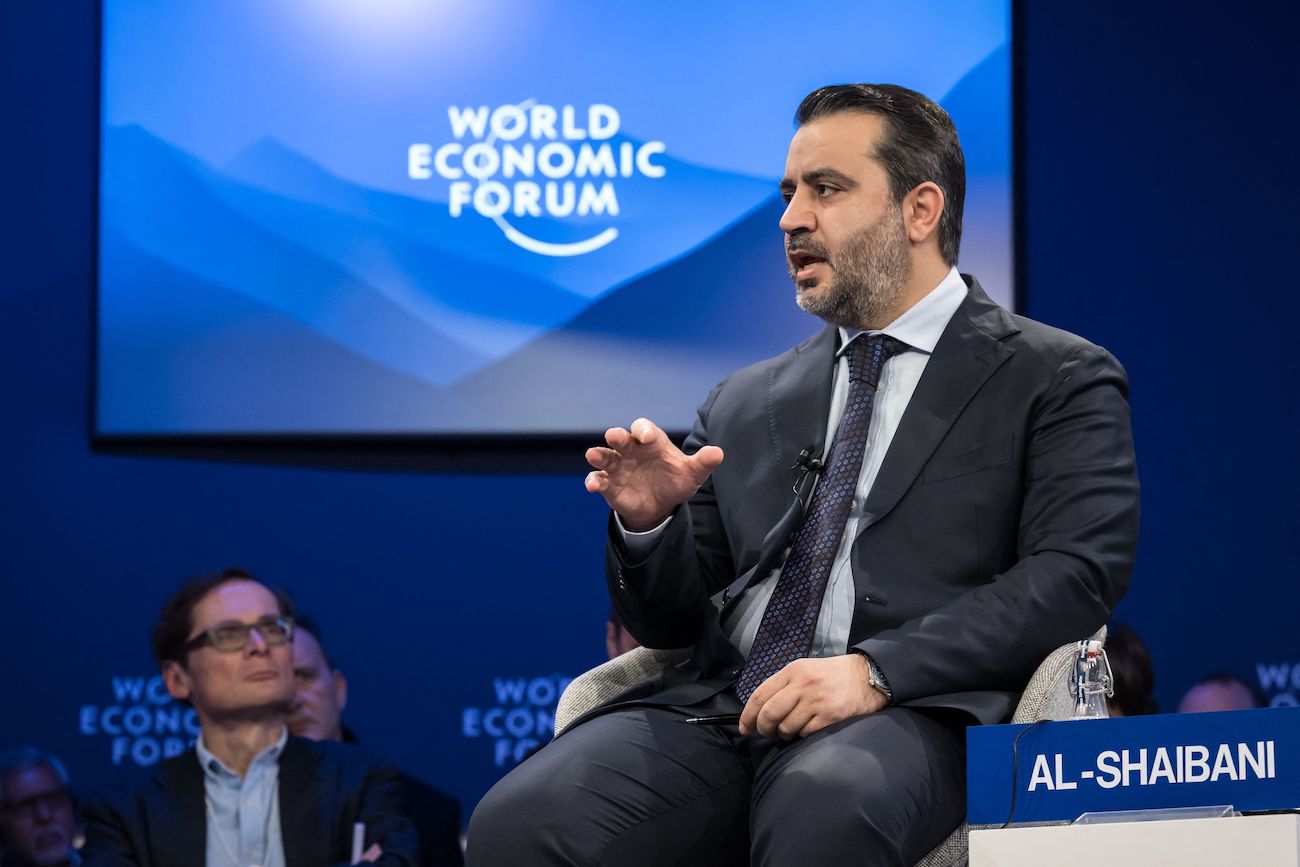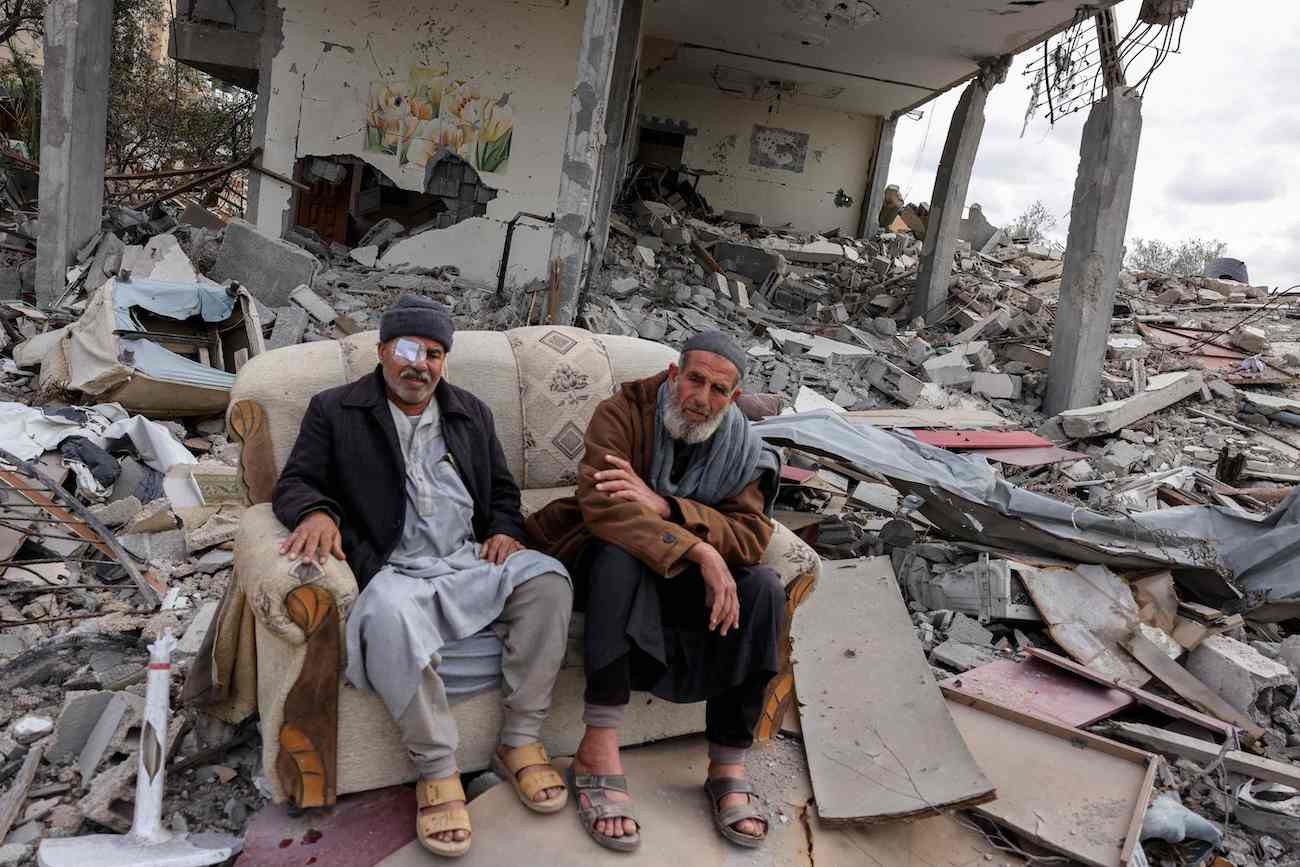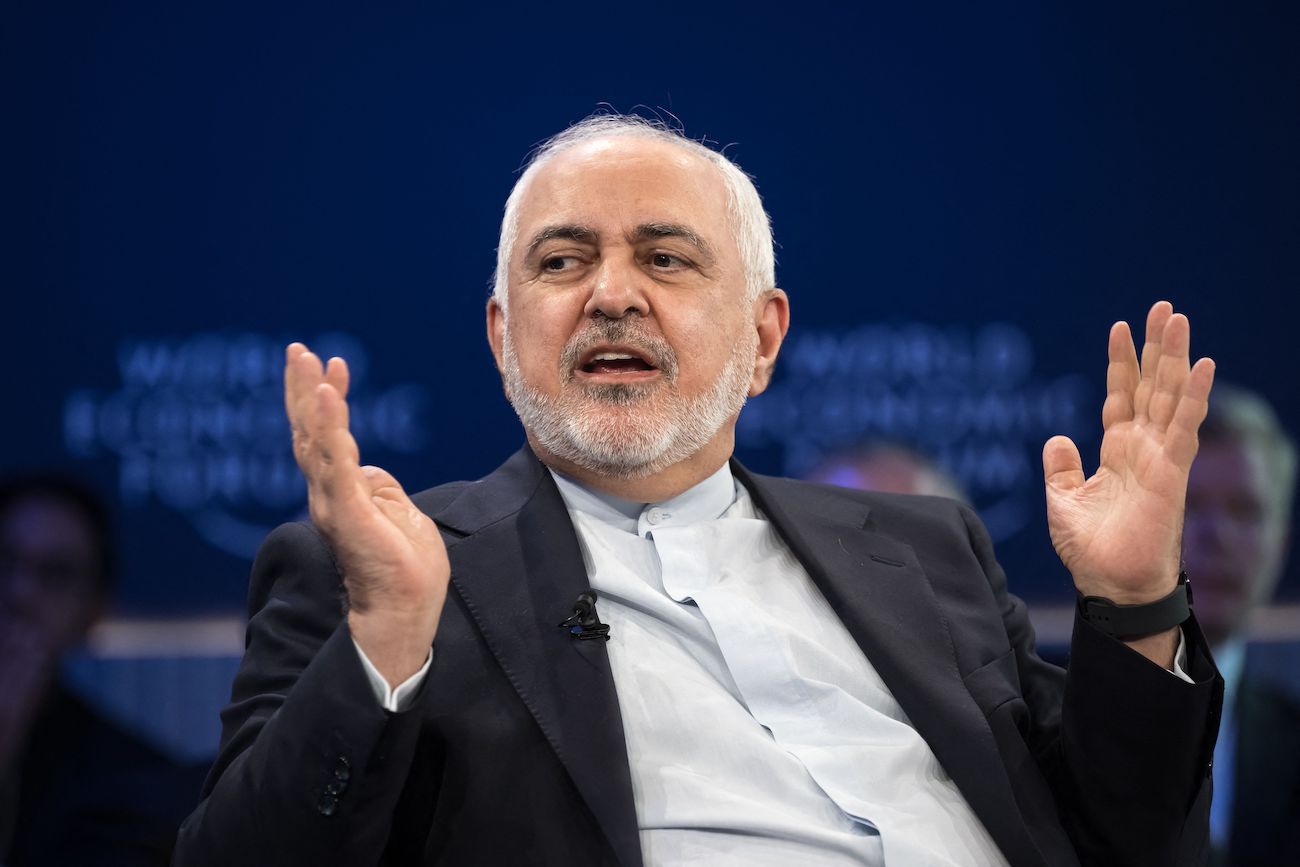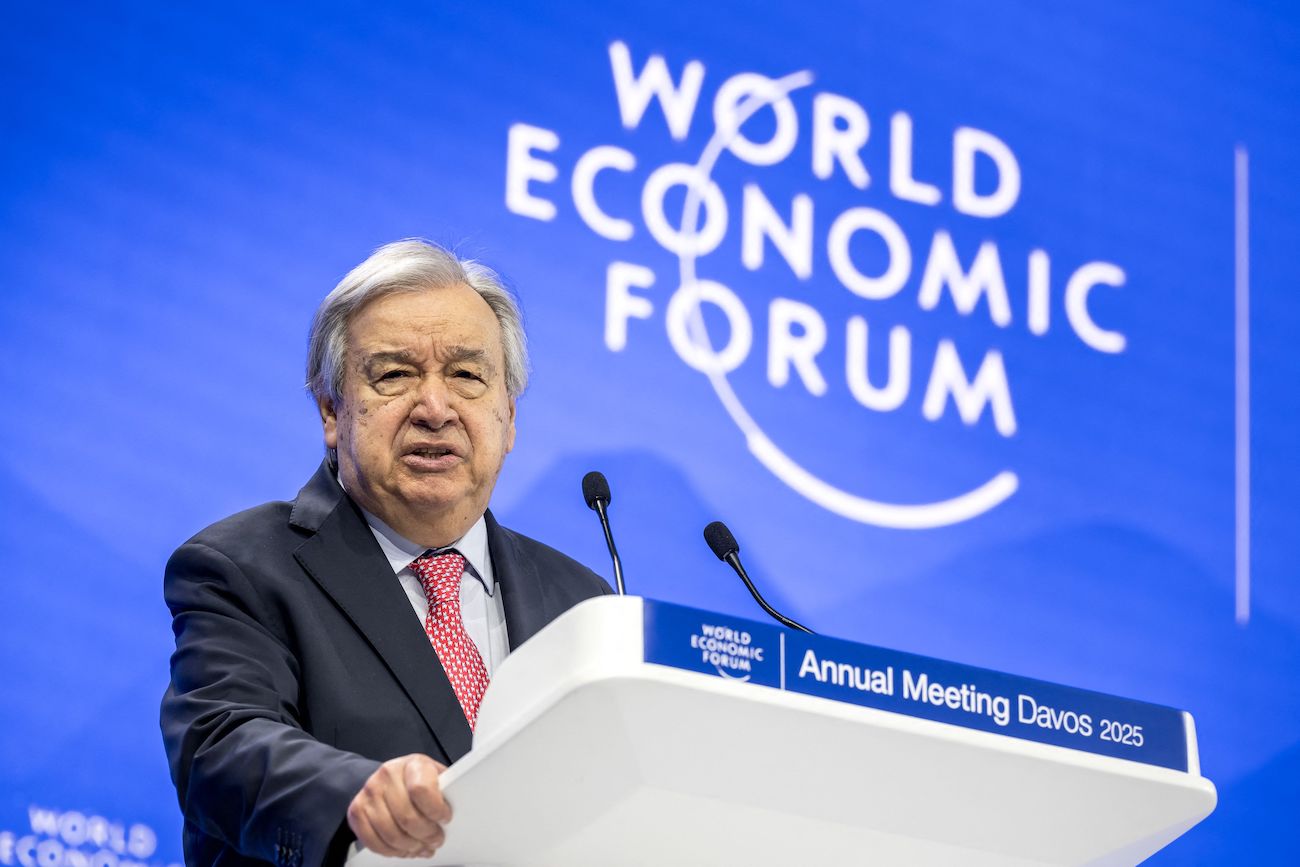MARCHOUCH, Morocco: In the heart of sun-soaked Morocco, scientists are cultivating a future where tough crops defy a relentless drought, now in its sixth year.
“Look at these beautiful ears of wheat,” said Wuletaw Tadesse Degu, the head of wheat breeding at the International Center for Agricultural Research in Dry Areas (ICARDA).
“The difference in quality between our field and others is striking,” he said, pointing toward a lush expanse in Marchouch, south of Rabat, that stood in stark contrast with the barren lands elsewhere.
By 2040, Morocco is poised to face “extremely high” water stress, a dire prediction from the World Resources Institute, a non-profit research organization.
Figures from the North African country’s central bank paint a grim picture.
Cultivated areas across the kingdom are expected to shrink to 2.5 million hectares in 2024 compared with 3.7 million last year, with cereal yields more than halving to 25 million quintals (2.5 million tons) over the same period.
“It has become essential to use resilient seeds and to employ them as quickly as possible,” said Tadesse, whose center recently inaugurated a plant gene bank.

A delegation from the IRNA Regional Center for Agricultural Reasearch in Rabat visit a cultivated field in the Marchouch region of northwestern Morocco on April 18, 2024. (AFP)
Tadesse’s mission is to develop genotypes that not only withstand drought and heat but also yield abundantly.
Last year, while the nation struggled, Marchouch achieved a yield of four tons per hectare with just 200 millimeters of rainfall.
Controlled irrigation and strategic sowing techniques are behind this agricultural revolution.
Looking to maximize production, farmers are experimenting with planting times and judicious irrigation.
Even a scant 10 millimeters of water, carefully applied, transformed barren soil into thriving fields.
Barley, too, has seen a resurgence, with yields jumping from 1.5 to two tons per hectare last year, thanks to climate-smart genotypes, said Miguel Sanchez Garcia, a barley specialist at ICARDA.
The center, which operates in 17 countries in Africa and Asia, says it has developed 30 “elite lines” of grain.
Most of them are produced in Morocco by breeding genotypes of wild wheat with different ancestors, said ICARDA genetics researcher Ahmed Amri.

Bags of resilient seeds from the International Center for Agricultural Research in Dry Areas are kept in a box in the Marchouch region of northwestern Morocco on April 18, 2024. (AFP)
Moroccan agricultural authorities approved six new wheat and barley varieties last year, but bureaucratic hurdles loom large.
Approval processes drag on, impeding the timely dissemination of new varieties to farmers, researchers at the center said, resulting in a five-year journey from approval to market-ready seeds.
“The certification system takes too long and should be revised quickly,” said Moha Ferrahi, head of genetic resources conservation and improvement at the National Institute of Agricultural Research.
Ferrahi also pointed to the lack of engagement from private companies and farmers who opt for “foreign seeds to have a quicker return on investment while these seeds are not adapted to the climate of Morocco.”
Yet many see room for improvement, even in a drought-hit country where the average citizen consumes about 200 kilogrammes of wheat per year — significantly above the world’s average, according to official figures.
“Unlike countries like Egypt or Ethiopia, Morocco has chosen to liberalize its market,” said researcher Amri, meaning that authorities have no control over what varieties farmers select.
But Amri remains convinced that, coupled with the national agricultural program, the widespread adoption of resilient varieties will help offset mounting losses.


